PMDD: Women call for more awareness of Premenstrual Dysphoric Disorder
- Published
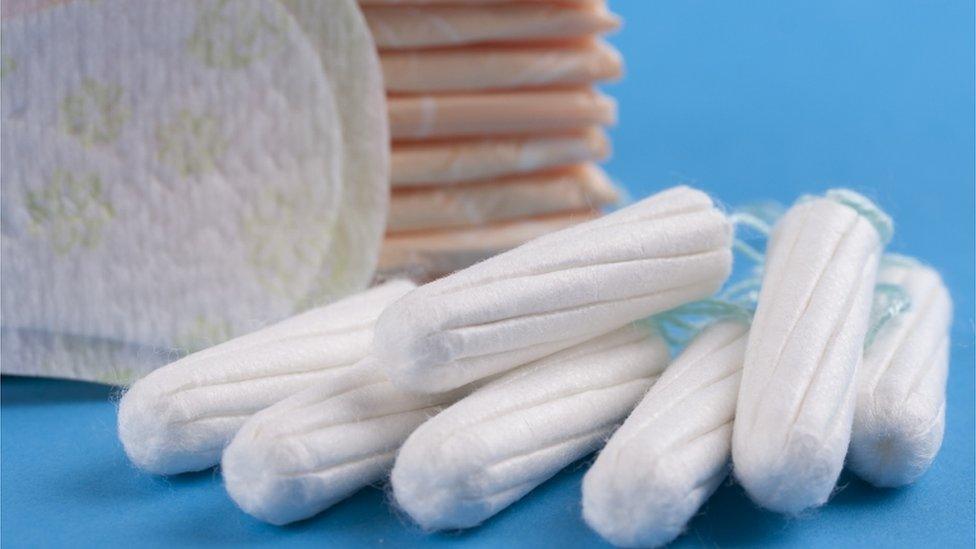
For women suffering from PMDD, their period does not only cause physical pain
Women affected by an extreme form of premenstrual syndrome (PMS) have called for more awareness of the little-known condition.
Premenstrual Dysphoric Disorder (PMDD) has just been recognised by the World Health Organization (WHO).
It can cause anxiety and suicidal thoughts every month for women in the run-up to their period.
It is estimated the condition affects one-in-20 women of reproductive age. Its cause is unknown.
Treatments can include hormone treatments and, in rare cases and if recommended by a doctor, the removal of the ovaries.
Louisa has been living with the condition for 25 years.
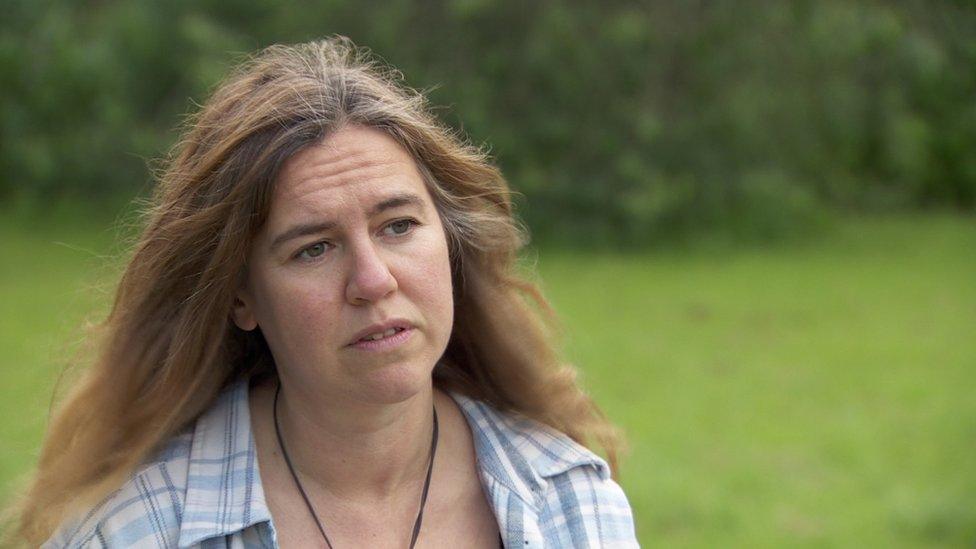
Louisa says PMDD has affected every aspect of her life
Explaining the symptoms she experiences every month, she said: "There's grief, chronic sadness, depression, shame, guilt, anxiety, and that's just the emotional side."
Louisa also suffers extreme physical symptoms like migraines.
"It can be debilitating and see me in bed for days," she said.
"It has affected every aspect of my life up until now like work, friendships, relationships, everything that we believe is our potential, it has impacted that."
Melanie Galbraith is a nurse who has been living with PMDD for 15 years.
She had to give up a staff job and work for an agency so that she could work around her PMDD symptoms.
"I can feel very fatigued," she said.
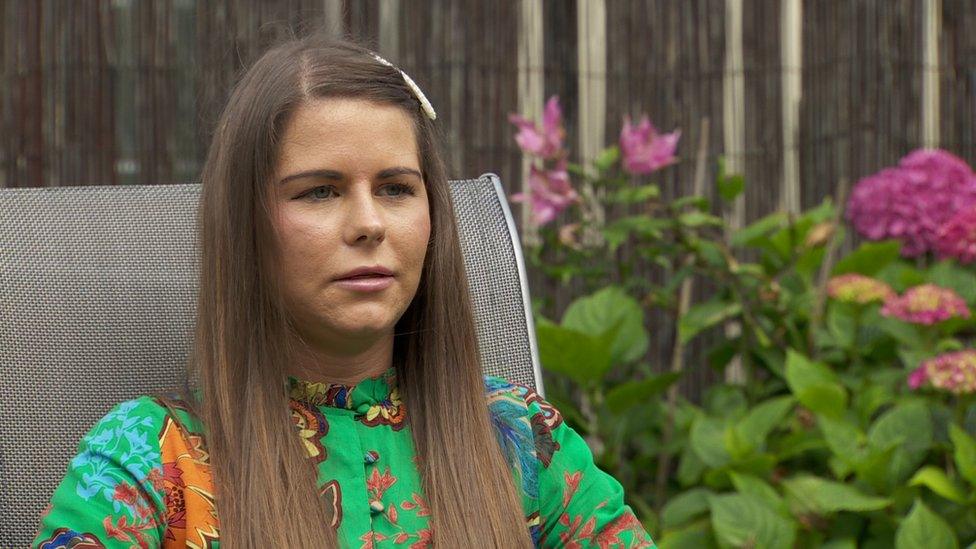
Melanie Galbraith is considering a hysterectomy because of her symptoms
"Or it can be fatigue with insomnia and you just want to stay in bed and lock yourself away, because you can almost feel like you're going crazy and you don't want anyone to think that you are crazy.
"Then there is the severe abdominal pain and nausea, the only thing that brings relief is your period actually arriving."
She has also experienced suicidal thoughts.
"Because you're suffering so badly, you think to yourself, well, if I wasn't here I wouldn't have to go through this all the time.
"The thoughts do go through your mind, because you don't want to have to deal with this every single month."
At the age of 31 and having tried many different treatments, she is now considering having a hysterectomy at some point in the future.
"I have no children so it's very upsetting, because you just feel like you're having that choice taken away, but it's weighing up the balance of quality of life, or having children and keeping on suffering with it," she said.
"I am scared about the future and of the big decision I might need to make.
"It was very difficult for me even to get diagnosed with PMDD. There needs to be better education and awareness in the medical community, as well as a lot more research."
Dr Hannah Short is a GP and specialist in menopause and premenstrual disorders who had PMDD herself.
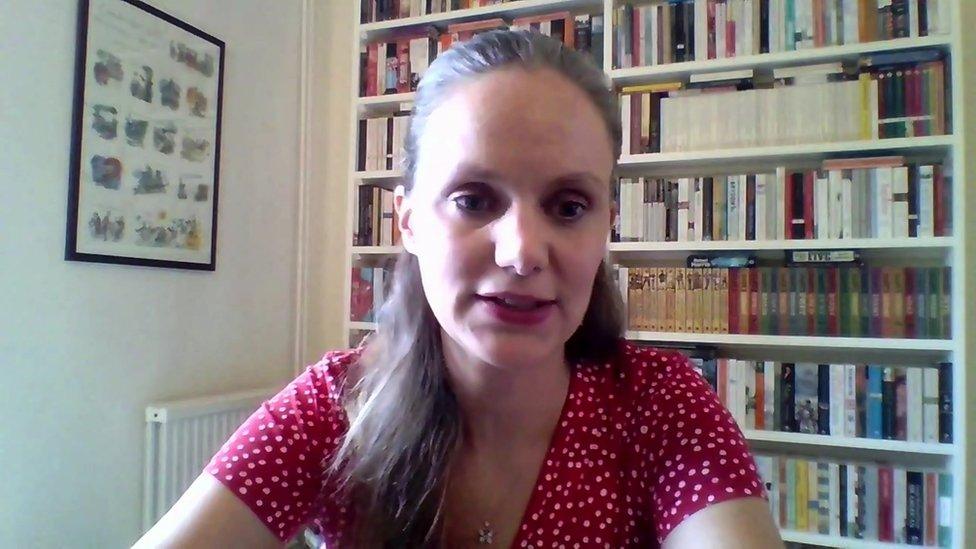
Dr Hannah Shortt said doctors need to listen to women more
"There is so much stigma around mental health generally, but also around periods and menstrual health, and so when you have the two combined it's like a double whammy," she said.
"I think women have been labelled as hysterical for centuries, when our brains are affected by the changes in hormones.
"Doctors need to not dismiss women, we need to listen to women more."
A spokesperson for the Department of Health said treatment for PMDD begins with "accurate and early diagnosis of the condition".
"Most treatment and care will be in primary care through general practice, although patients may be referred by their GP to a gynaecologist, mental health services or counsellor for further help."
The women who have shared their stories of living with PMDD hope they can help others with the condition.
"I don't want to be ashamed of this any more," Louisa said.
"It feels good to talk about it because I know there are thousands and thousands of women out there with it, so if we talk about it, and bring it out, it lifts some of the pain."
If you are feeling emotionally distressed and would like details of organisations which offer advice and support, go online to bbc.co.uk/actionline or you can call for free, at any time to hear recorded information - 0800 066 066.
- Published28 July 2020

- Published11 March 2020
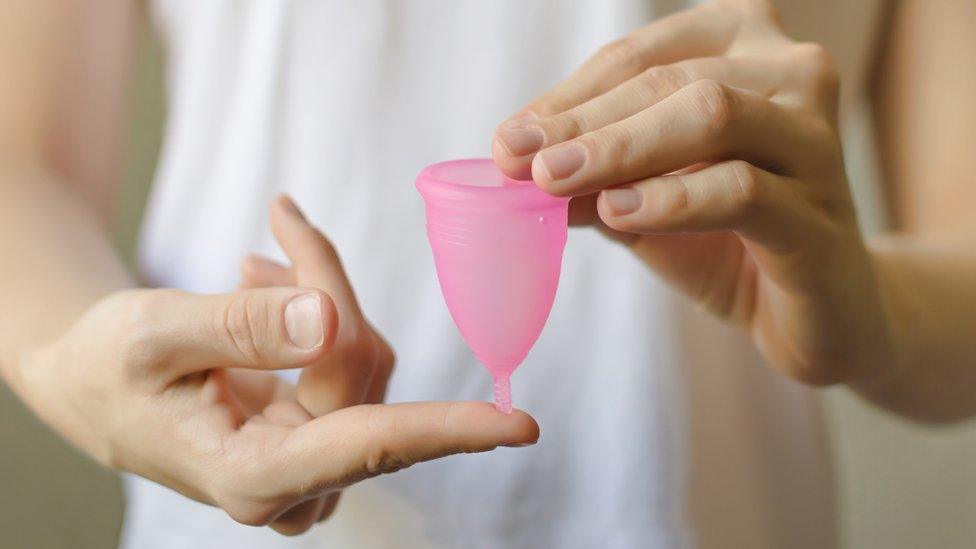
- Published1 July 2020
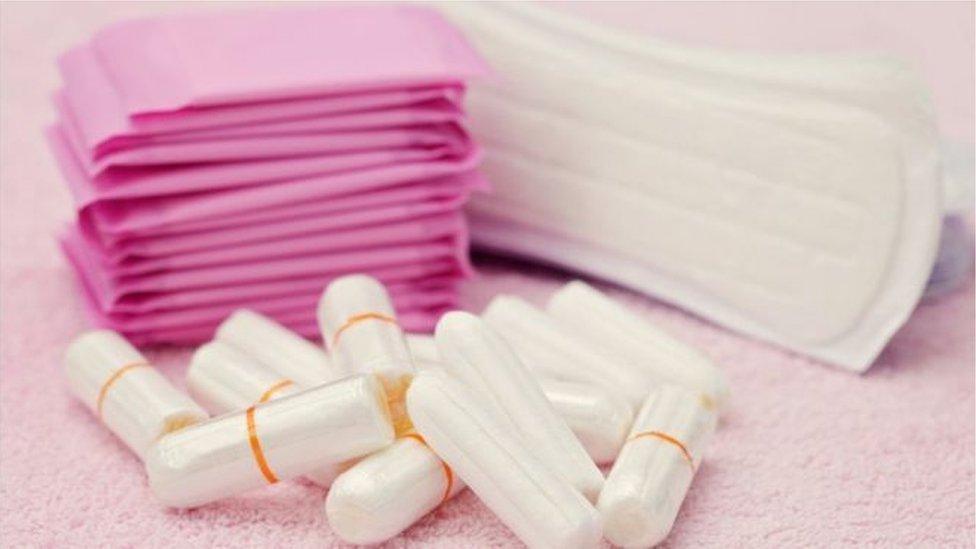
- Published26 February 2020
